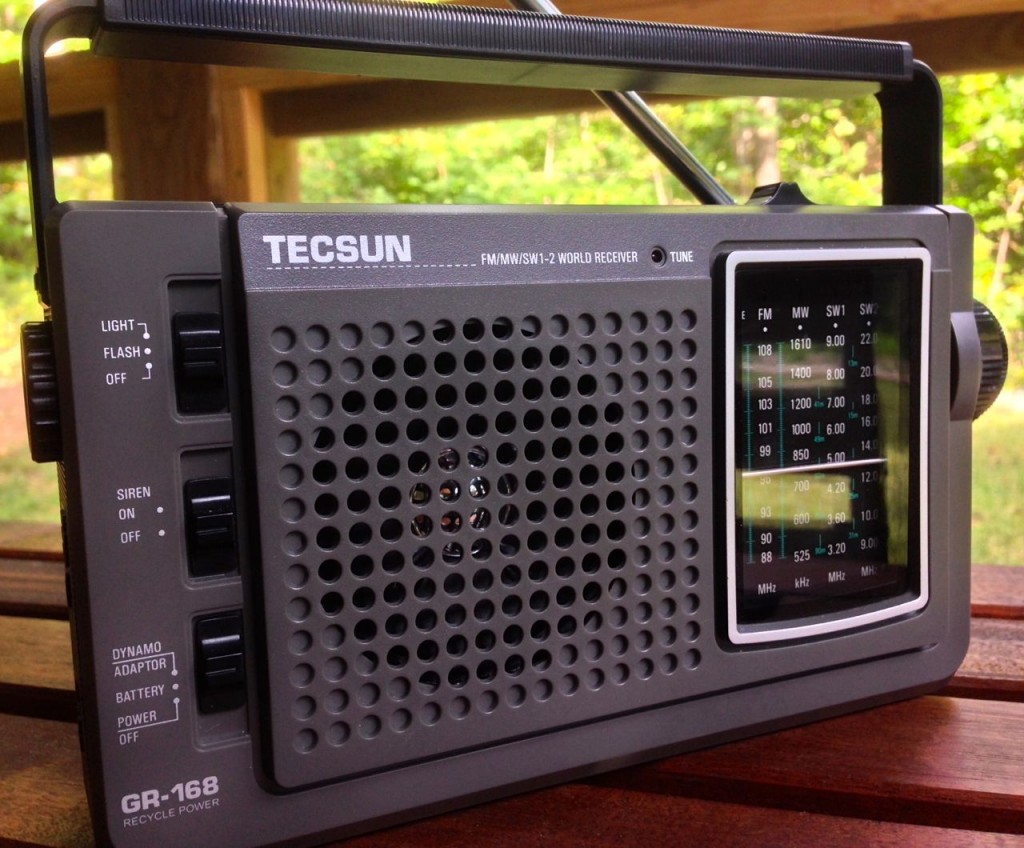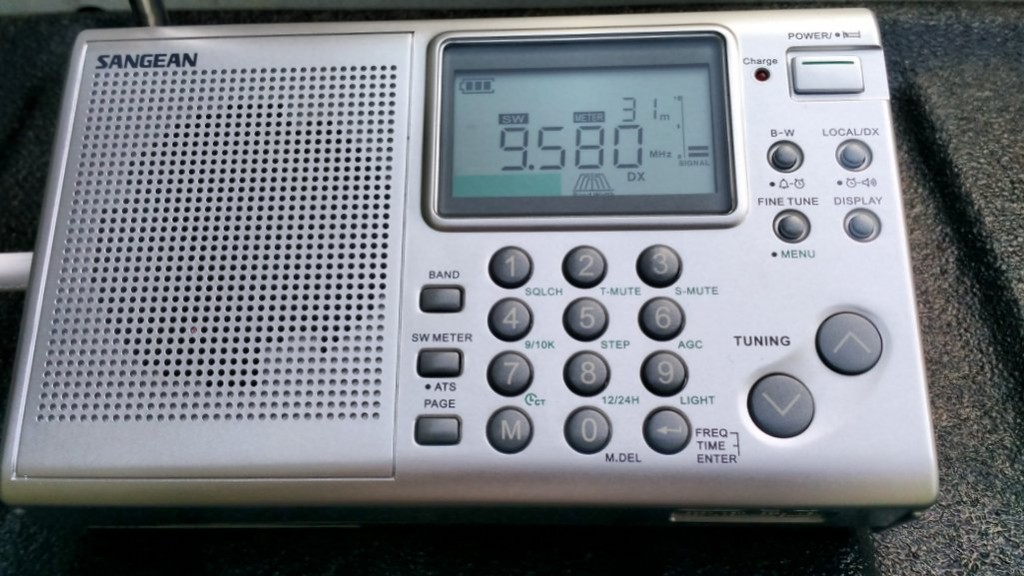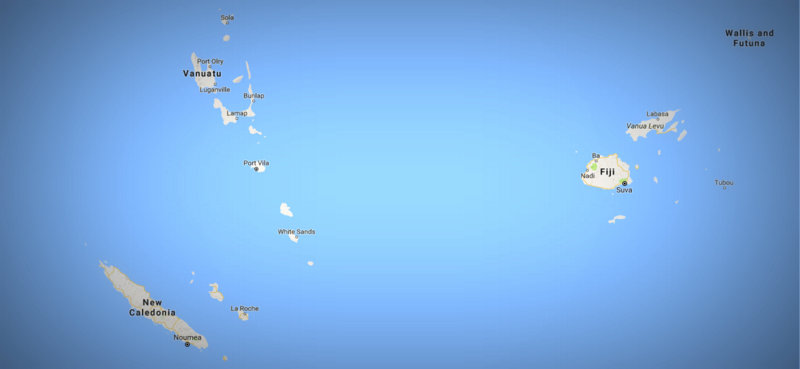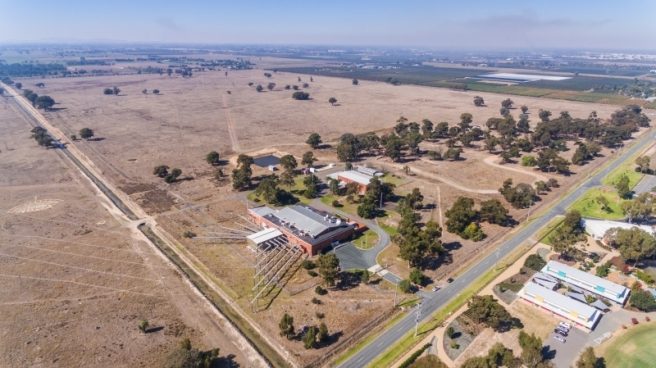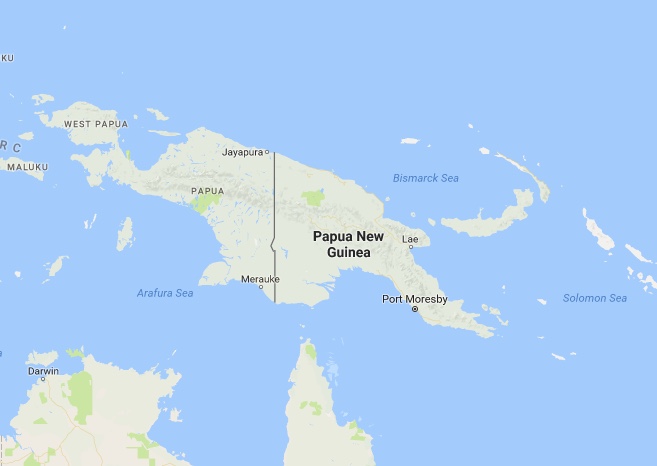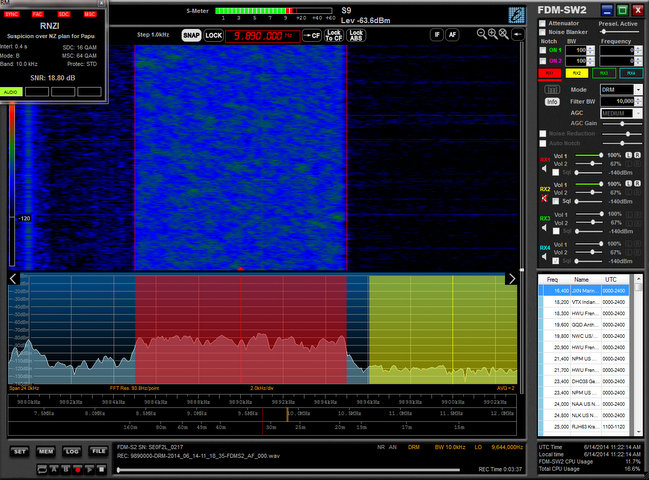
(Source: Radio World via Mike Hansgen)
RANGITAIKI, New Zealand — Radio New Zealand Pacific, the official international arm of Radio New Zealand, is using Digital Radio Mondiale digital radio transmission/reception equipment to feed studio-quality audio to some of its 20 relay stations in the Pacific Ocean region. The others use satellite feeds or web downloads.
The locations being served by DRM include the Cook Islands, where RNZ Pacific’s programs are rebroadcast locally in analog mode by Aitutaki 88FM, the islands’ only broadcaster. RNZ Pacific also serves Tonga, Samoa, and the Solomon Islands using DRM; among others. Previously, RNZ Pacific had fed its relays using analog AM shortwave radio, with that transmission mode’s limited audio range and interference issues.
“When DRM became available to us in 2005, we saw it as a great opportunity to provide high quality audio to Pacific radio stations that relayed our news broadcasts from our AM transmitter,” said RNZ Pacific’s Technical Manager Adrian Sainsbury. “As a platform to deliver good quality audio to remote island FM stations, it has been a great success.”[…]
Click here to read the full article at Radio World.
As the article points out, RNZ has been using DRM as a feed for quite a few years. I think this is a brilliant use of the technology. Of course, those of us in the rest of the world can snag RNZ DRM broadcasts as well.

